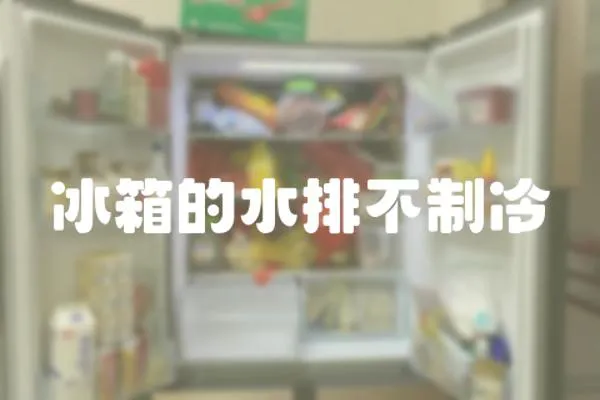1. E1/E2 Error Code: This error code indicates a fault with the thermistor. It can occur due to a loose connection or a broken thermistor. The thermistor is responsible for determining the temperature inside the fridge and if it is faulty, it can lead to incorrect temperature readings.

2. E3 Error Code: This error code occurs when the compressor is not functioning properly. It may be due to a faulty start relay or compressor, which can cause the fridge to stop cooling or cooling erratically.
3. E4 Error Code: This error code indicates a fault with the defrost sensor. This can cause the fridge to freeze over, leading to poor performance and increased energy consumption.
4. E5 Error Code: This error code appears when the fridge compressor is overheating. This can lead to compressor damage and a complete breakdown of the fridge.
5. F1 Error Code: This error code indicates an issue with the internal electronic control board. It can cause the fridge to stop cooling, and other electronic functions may be disrupted as well.
6. F2 Error Code: This error code indicates a fault with the fan motor. It can cause the fridge to stop circulating cool air, leading to warm temperatures inside.
7. F3 Error Code: This error code indicates a problem with the evaporator fan motor. The motor is responsible for circulating cool air inside the fridge. A faulty fan motor can lead to warm temperatures inside the fridge.
8. F4 Error Code: This error code indicates a problem with the defrost system. It can lead to ice build-up on the evaporator coils, which can block air circulation and cause cooling problems.
9. F5 Error Code: This error code indicates an issue with the thermistor. The thermistor senses the fridge temperature and relays it to the control board. A faulty thermistor can result in incorrect temperature readings or erratic cooling.
10. F6, F7, F8 Error Codes: These error codes indicate an issue with the door switch. A faulty or damaged door switch can cause the fridge to malfunction, and it may not turn on or off properly.
Overall, it is important to regularly maintain your refrigerator to prevent the above issues from occurring. Cleaning the condenser coils, checking the door seals, and keeping the fridge at the optimal temperature can help prevent many of these common faults.
























